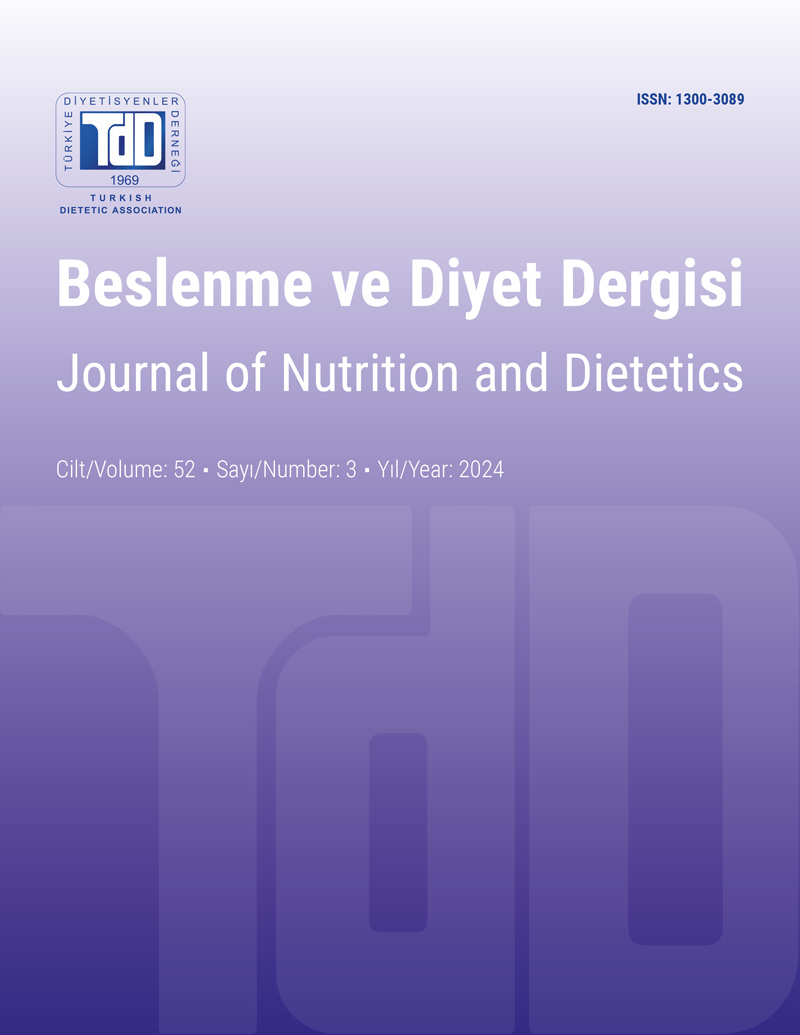Diabetes Management with Carbohydrate-Restricted Diet in a Young Adult with Type 1 Diabetes
DOI:
https://doi.org/10.33076/2024.BDD.1886Keywords:
Medical nutrition therapy, carbohydrate-restricted nutrition therapy, remissionAbstract
Type 1 diabetes (T1DM) is an autoimmune metabolic disease that leads to a complete deficiency in insulin secretion due to the destruction of the beta cells of the pancreas. In managing Type 1 Diabetes, medical nutrition therapy and insulin replacement are two important pillars of the treatment. These treatments aim to ensure glycemic regulation, prevent, delay, or stop the progression of acute and chronic complications, ensure physiological growth and development in children, and increase the duration and quality of life. Carbohydrates are macronutrients that directly affect blood glucose levels. Before the discovery of insulin, carbohydrate-restricted diets were used to treat diabetes. Today, carbohydrate-restricted diets are a current and controversial issue. There is no scientific consensus on carbohydrate restriction. In some studies, carbohydrate intake may be restricted with energy intake, and in some studies, carbohydrate intake may be restricted at different rates independently of energy intake.
In this article, we report the effect of a gradual reduction of total daily carbohydrate intake on diabetes-related biomarkers and total insulin requirement in a 26-year-old patient with T1DM. The patient, who was followed up between 2019 and 2024 years, received nutrition education and medical nutrition therapy (MNT) with gradual carbohydrate restriction. During the follow-up period, body weight, lipid profile, HbA1c, and C-peptide levels were measured, total insulin doses were recorded, and the duration of remission was monitored. After the acute onset of type 1 diabetes, the daily total insulin requirement that brought the patient to normoglycemia was monitored; it was observed that it decreased in the process and even went into remission for a period.
This case suggests that carbohydrate-restricted nutrition therapy in the treatment of T1DM provides beneficial results on glycemic control in the short term, but further randomized controlled trials are needed to evaluate the long-term safety and sustainability.

